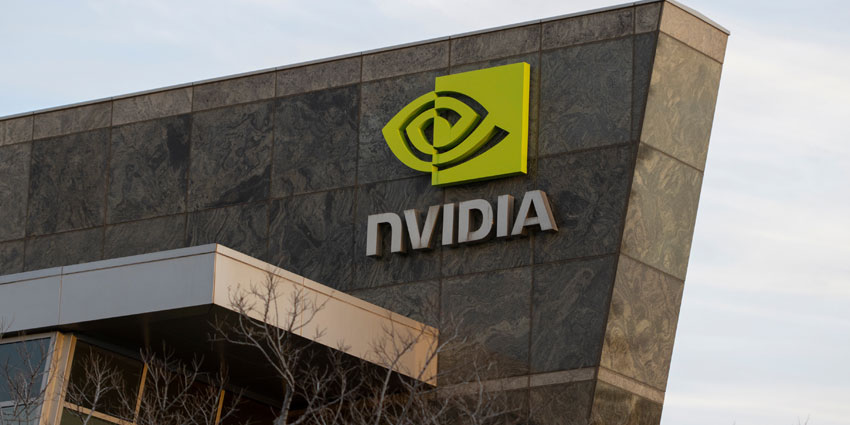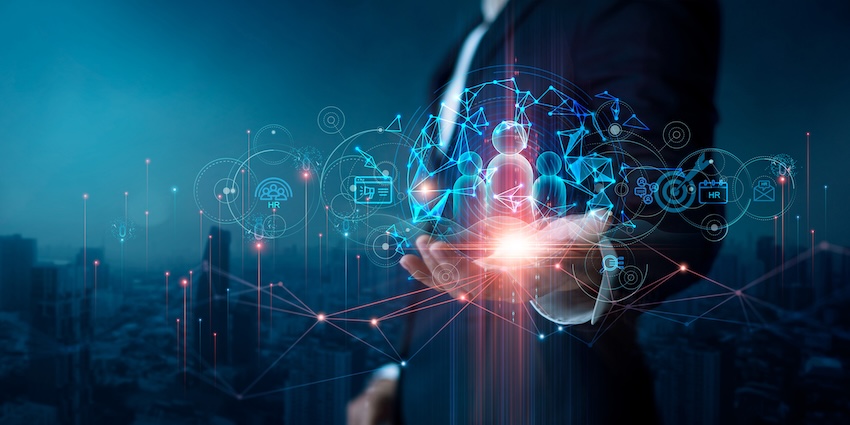One of the major selling points of widespread AI adoption is its potential to take work off employees’ plates.
That message isn’t limited to the customer experience space.
AI advocates argue that the technology can deliver such significant productivity gains that it may dramatically alter our day-to-day lives.
Whether through a four-day work week becoming the norm or personalized AI chatbots completing work and everyday tasks on our behalf, there is an often-touted, rose-tinted future.
However, Jensen Huang, CEO of NVIDIA, delivered some bad news in a recent discussion with Fox Business.
When quizzed about AI’s ability to change the world, he predicted: “We’ll actually be busier in the future than we are now.”
Expounding on this claim, the NVIDIA man argued that while AI will make many people’s jobs far more efficient. Ultimately, this will result in workers becoming more creative and experimental rather than embracing more free time.
“I’m always waiting for work to get done because I have more ideas, and most companies have more ideas to pursue,” he added.
The more productive we become, the more opportunities we have to explore those ideas. I expect GDP to grow, and I expect productivity to increase, and I’m hopeful about that.
Although Huang also mentioned that he “hope[s]” AI will enable people to have more leisure time on the weekends and be able to travel more, it is clear that he primarily sees AI as a tool that will help the economy “thrive”.
Regarding its overall impact on society, he admitted that AI would lead to changes. Indeed, much like OpenAI CEO Sam Altman recently predicted, Huang stated:
Some jobs will disappear, but every job will be transformed by AI.
How Might AI Transform Customer Experience Roles?
Huang’s assertion that every job “will be transformed by AI” might be hard to envisage for some sectors. After all, robot plumbers and carpenters turning up at the house still feels otherworldly.
However, AI is already having a tangible impact on the roles of service advisers, sales reps, and marketing associates.
A contact center agent is the classic example.
The Service Adviser 2.0
Customer-facing virtual agents are being deployed to handle simple, transactional customer queries. As a result, human service advisers are taking on complex queries.
Yet, as virtual agents take on more customer contacts, don’t expect the human advisers to disappear altogether.
Thanks to a greater focus on journey orchestration, the role may evolve into more of a customer success position, offering a human touch at carefully defined touchpoints.
As such, they may offer that vital reassurance that ensures retention and delivers upsells and cross-sells.
The Sales Rep 2.0
In sales, AI first targeted administrative tasks, such as scheduling meetings, updating CRM records, and summarizing call notes.
Yet, sales reps are now also benefiting from the development of more mature AI technologies and intelligent orchestration.
Indeed, AI is assisting sales reps in the flow of their work. How? By surfacing the best leads, preparing tailored collateral, and spotting risks in conversations.
In doing so, it will allow sales reps to spend less time wrestling with tools and more time building trust with customers.
The Marketing Associate 2.0
While AI already handles repetitive creative work, like reformatting assets across platforms, it’s also driving a deeper change in how campaigns are built and delivered.
Just as SEO once reshaped digital strategy, brands will soon compete to optimize their visibility within large language models (LLMs), ensuring their products are surfaced when AI tools make recommendations, alongside brand-positive content.
That will require new skills, closer governance, and a workforce blend where AI handles execution while human marketers focus on creativity, ethics, and brand storytelling.
Yet, in all cases – whether in service, sales, or marketing – the pattern is the same: AI takes on the heavy lifting, while people lean into empathy, strategy, and innovation.
For customer experience leaders, establishing that balance could prove a real differentiator.







